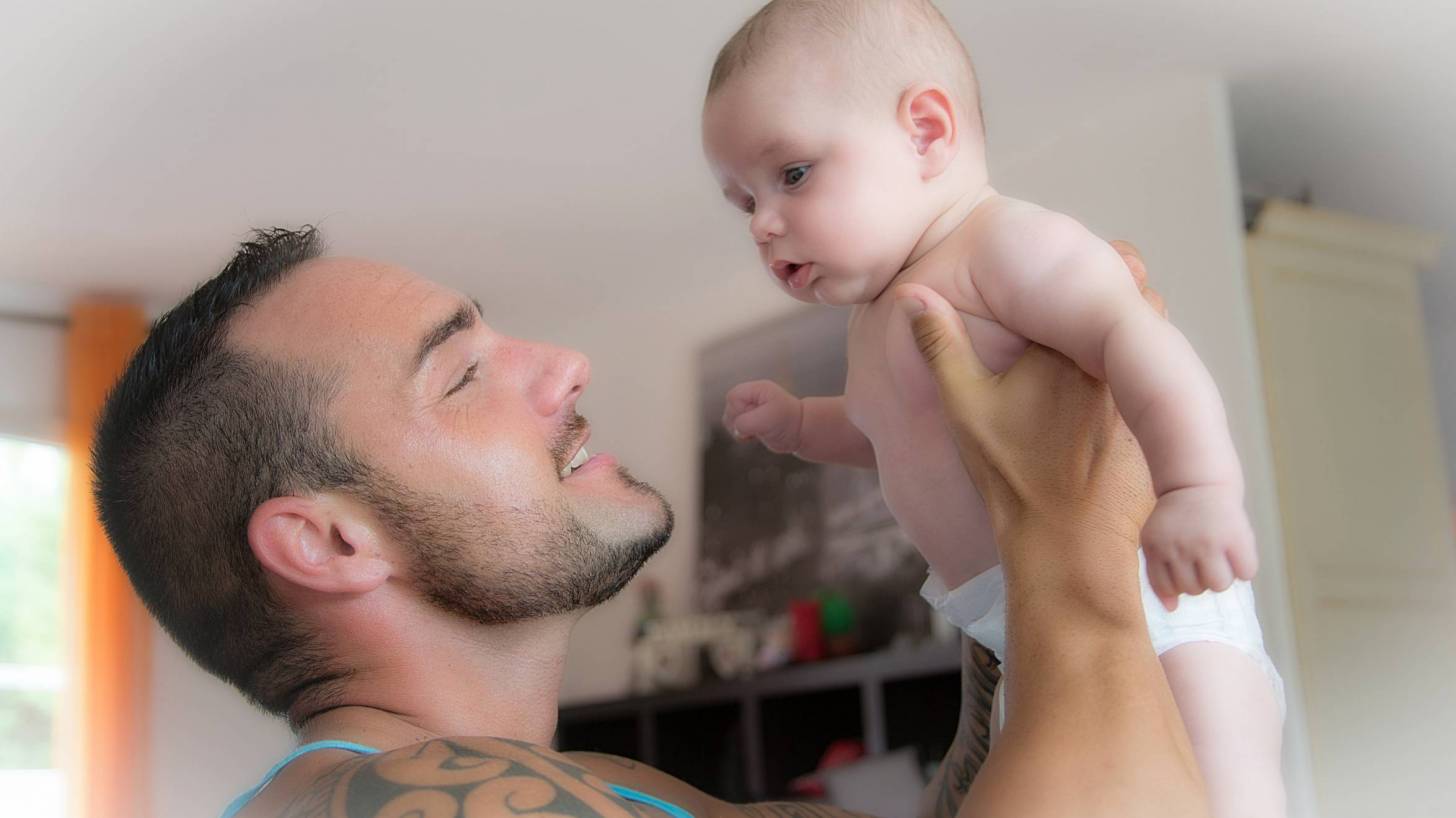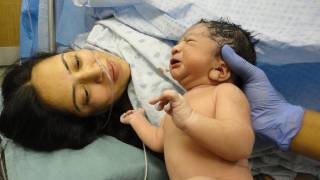Rotavirus Vaccine Reduces Children Hospitalizations and Costs

If you want to help children avoid countless visits to the toilet due to viral gastroenteritis, the rotavirus vaccine may be the solution.
Globally, rotavirus has been associated with approximately 40% of all childhood hospitalizations for uncontrolled diarrhea and vomiting.
A new study showed significant decrease in rotavirus illnesses and hospitalization costs, following the immunization delivered by the rotavirus vaccine.
Researchers found that infants who had received at least one dose of the rotavirus vaccine were significantly less likely to visit the hospital for rotavirus-related incidents.
The incidence of rotavirus infection was only 17% for fully vaccinated patients compared with the unvaccinated group.
When comparing hospitalization costs, the adjusted mean cost for first rotavirus episode and first diarrhea episode was $11,511 and $46,772 lower, respectively, for completely vaccinated children.
“Norovirus and rotavirus spread easily from person to person, particularly if hands are not carefully washed after using the toilet or before handling food,” said Dr. Vicky Sheppeard, a communicable diseases director.
“It is vital that if you or your family contract gastroenteritis that you stay home from work and keep sick children home from school or childcare, for at least 24 hours after the last symptom has past,” Dr. Sheppeard said.
When initially introduced, the rotavirus vaccines were used only in middle-to-high income countries that had strong vaccine delivery infrastructures.
In 2006, biologic manufacturers were finally able to develop rotavirus vaccines against this deadly virus. RotaTeq™ (Merck) and Rotarix™ (GlaxoSmithKline) vaccines, were both introduced into national children's immunization programs.
In 2009, the WHO reassessed its position and expanded its recommendations, stating that these vaccines should be used in all countries.
By 2016, 81 of the 194 World Health Organization (WHO) member states (42%) had introduced the rotavirus vaccine into their National Immunization Program.
According to the Centers for Disease Control and Prevention (CDC), the rotavirus can cause severe watery diarrhea, vomiting, fever, and abdominal pain. Children who get rotavirus disease can become dehydrated and may need to be hospitalized.
The CDC says the rotavirus vaccine is the best way to protect children against rotavirus illness. Both approved rotavirus vaccines are given orally, not by a shot.
The first dose of either vaccine is most effective if it is given before a child is 15 weeks of age. Also, children should receive all doses of rotavirus vaccine before they turn 8 months old. Most children (90%) who get the vaccine will be protected from severe rotavirus illness.
The CDC Vaccine Price List provides the private sector vaccine prices for general information.
Our Trust Standards: Medical Advisory Committee
- Vaccine Impact Data Should Support Country Decision Making
- Gastroenteritis cases up 34 per cent across greater Sydney local health districts
- Effectiveness of rotavirus vaccines against rotavirus infection and hospitalization in Latin America: systematic review and meta
- Rotavirus
- Efficacy, safety and effectiveness of licensed rotavirus vaccines: a systematic review and meta-analysis for Latin America and t


























